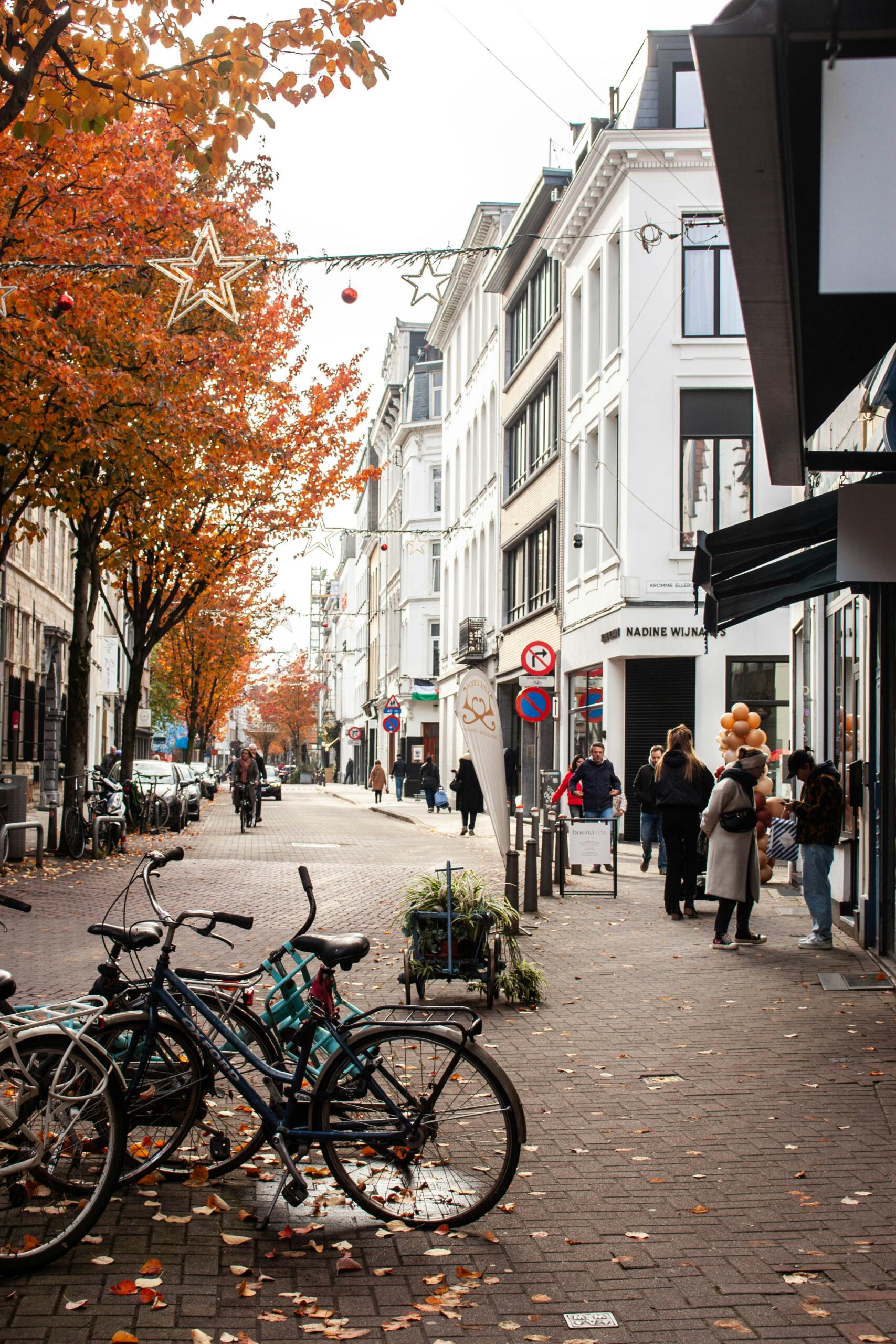Flanders puts cycling on the EU agenda
On 30 January 2024, the Flemish city of Hasselt hosted the High-Level EU Cycling Conference. Ministers and representatives from across Europe joined to discuss the European Cycling Declaration and its potential to foster better cycling policies.
Since it was launched by the European Commission at the Urban Mobility Days in Seville (October 2023), the European Declaration on Cycling has received well-deserved attention. Not only does the Declaration call for investment in cycling infrastructure as a means to reduce dependency on cars and other high-emitting modes of transport, but it also aims to put health, accessibility, and inclusivity square on the mobility agenda. If brought to fruition, the Declaration would signify a new era for cycling in Europe and a tremendous achievement for the European Green Deal.
Off to a good start
As a frontrunner in cycling policy, second only to the Netherlands and tied with Denmark, Flanders is committed to making cycling a major theme of Belgium's Presidency of the Council of the EU. In a show of its dedication, Flanders brought cycling home to the city of Hasselt on 30 January 2024, when ministers and representatives from 14 EU Member States came together for the High-Level EU Cycling Conference.
The Conference offered European leaders the chance to discuss the Declaration and flesh out its major points. Flemish Minister of Mobility and Public Works Lydia Peeters, who opened the Conference, said:
"I am pleased that my European colleagues are committed to achieving the objectives of the European Cycling Declaration on the ground. This should lead to a better cycling infrastructure, higher road safety and an increasing number of bicycle users throughout the European Union and also in Flanders."
Setting the agenda
Throughout the day, EU ministers and representatives attended break-out and plenary sessions where the core themes of the Declaration were discussed in detail, including (cycling) data, multimodality, tourism, industry and economy, inclusion, and the impacts of transport on citizens' health. Attention was also paid to the obstacles that could hinder the Declaration's implementation across Europe and the need for safer, better-financed cycling networks.
The list of high priorities identified at the Conference include:
- More focus on safer cycling environments (e.g. construction of separate cycle paths; prioritisation of cyclists within existing facilities; bike-friendly speed limits; introduction of bike-only streets)
- Better interaction between policy levels (e.g. pairing of cycling investments with other investments in EU Member States; integration of national, regional, and local plans; avoidance of stand-alone initiatives)
- Better data exchange (e.g. monitoring and sharing of statistics on bicycle use, number of accidents, total kilometres biked, etc. to better tailor policy to local realities)
- Maintaining the EU's competitiveness (e.g. use of the Declaration to create sustainable jobs, expand cross-sectoral cooperation, strengthen the EU's industrial strategy, and accelerate the green and digital transitions)
Flanders leads by example
Few European regions could have been better suited to lead these discussions than Flanders. With over 300 million euros of annual investment in safe, comfortable, and accessible cycling infrastructure, allocated via a multistakeholder process involving civil society, transport regions, local authorities, and provinces, Flanders is on its way to implementing one of the EU's most ambitious cycling policies yet.

Cycling through Antwerp. Credit: Kamilla Isalieva, Unsplash
Moving forward, Flanders aims to offer its citizens the freedom to choose between cycling and other seamlessly integrated, sustainable transport modes, such as electric bikes and scooters and public transport. Thankfully, the Flemish government will not be alone: Starting in February 2024, Dr Meredith Glaser will be Ghent University’s newest chairholder for bicycles. Through her research, she intends to increase understanding of bicycle safety, user behaviours, and the opportunities that technological innovation might offer in the area of cycling. Glaser’s work will be paramount in making the Flemish landscape more bike-friendly, and by connection, will help Flanders to carry the torch for Europe’s cycling policy.
Curious to learn more? Read about the Conference in the original press release from the Flemish Department of Mobility and Public works here. To find out what POLIS has to say about the European Cycling Declaration, read 'Cycling Forward,' one of the articles from Volume III of our digital magazine, Cities in motion.


